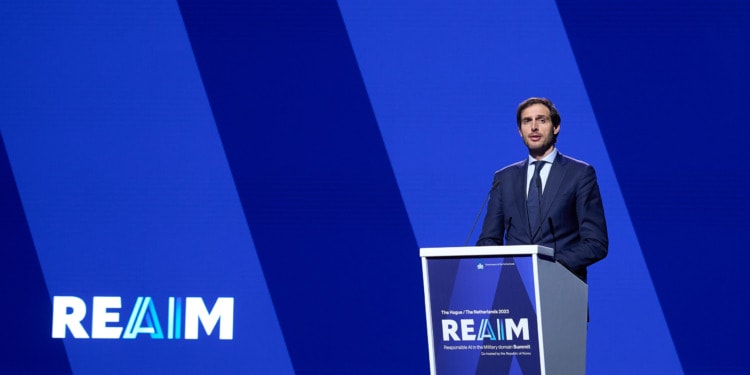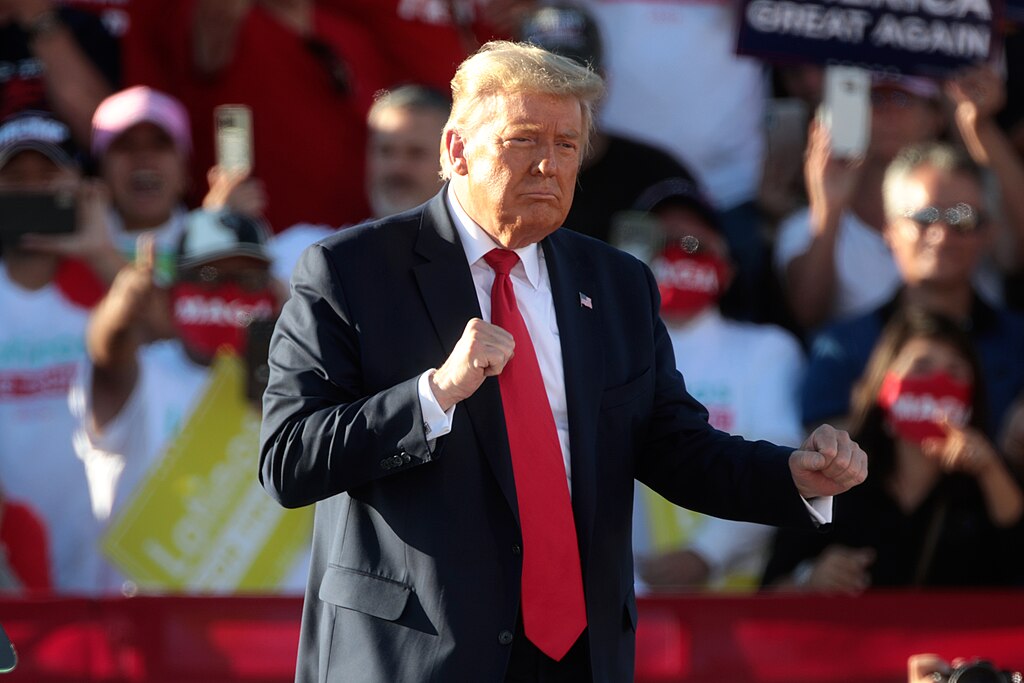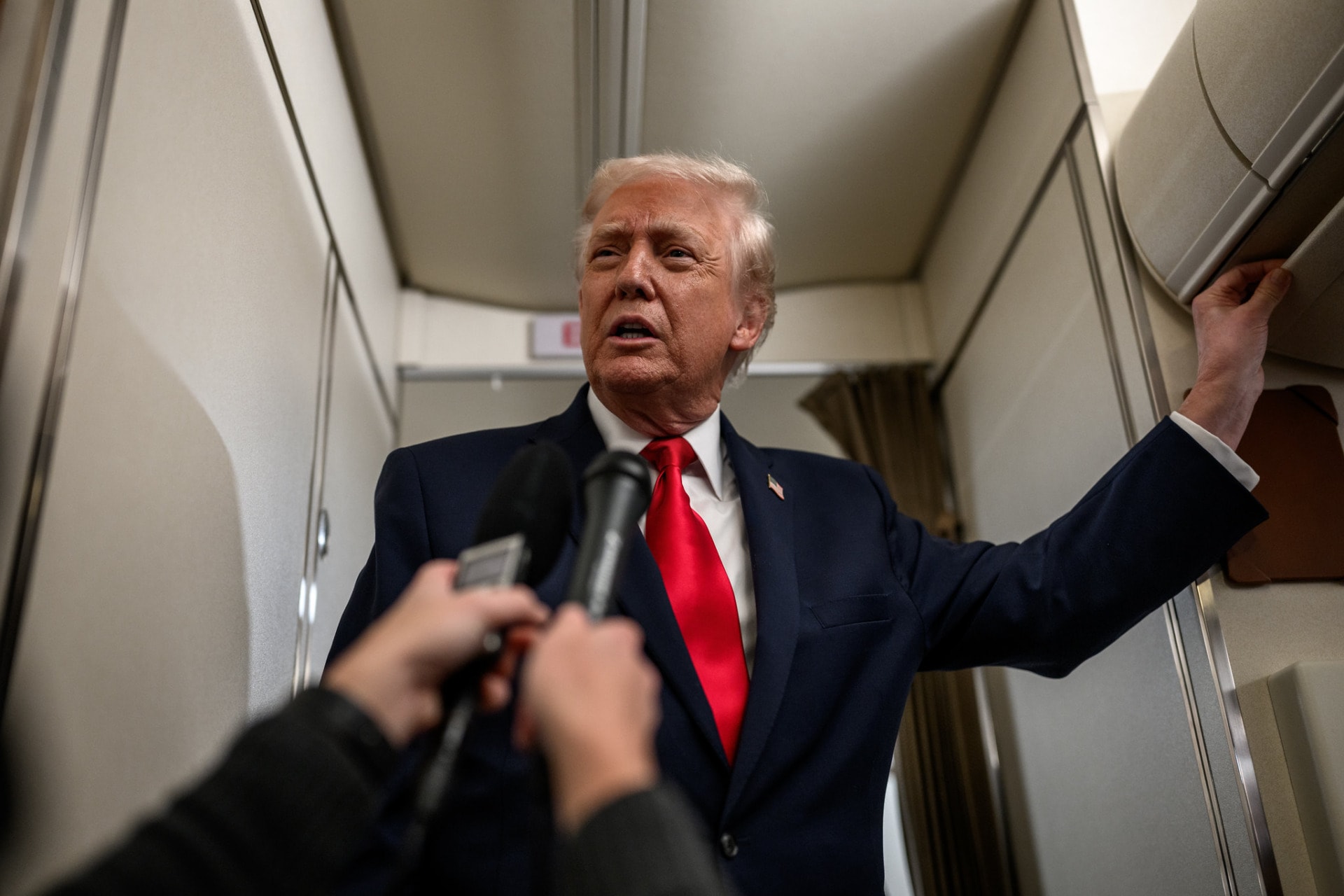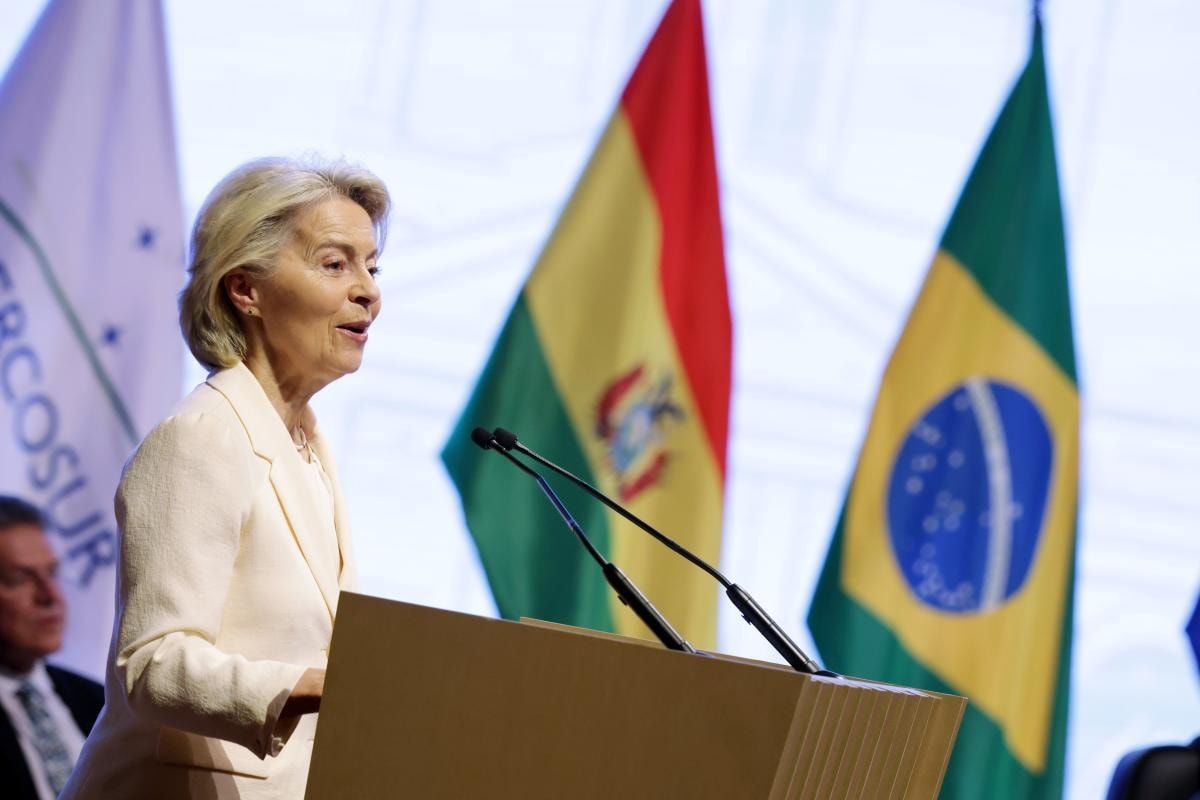With 279 votes for, 173 votes against, and 33 abstentions, on October 5 the European Parliament voted to appoint Wopke Hoekstra as the bloc’s new climate chief.
Hoekstra is part of the centre–right European People’s Party, notorious for trying to block new European Union (EU) environmental measures. So far, he has claimed that he will cut greenhouse gases by 90% by 2040, phase out fossil fuel subsidies, and place further taxation on Kerosene.
Mr Hoekstra has faced a grilling from lawmakers with the job of deciding his bid for the role of EU Climate Chief but they have ultimately given their approval. Hoekstra has made a strong commitment to the role, being quoted as saying: “I will not be a caretaker. It simply wouldn’t do justice to the scale, to the magnitude of our challenge. I will be driven by the facts, by numbers, by science.”
Oil history
Although certainly committing to climate change goals, it is Hoekstra’s history of working in the oil industry that worries his opponents.
A politician of Dutch origin, born in Bennekom, Netherlands, in 1975, Mr Hoekstra served as the Dutch Minister of Finance from 2017 to 2022. He has also served as the second Deputy Prime Minister of the Netherlands and Minister of Foreign Affairs. In 2000 he studied law and international politics in Rome. He achieved an MBA degree at INSEAD in Fontainebleau and Singapore in 2005.
Hoekstra has also been a Leader of the Christian Democratic Appeal (CDA) since 2020.
Although he has impressive political credentials, his links with the oil industry are provoking concern in some quarters. Before his time in government, Hoekstra was a partner with the firm McKinsey, a management consultancy whose clients include oil and gas companies. In 2006 he worked for the oil giant Shell in Berlin, Hamburg, and Rotterdam.
Opposition to his appointment
Despite impressive political credentials and experience, many oppose Mr Hoekstra, citing concerns over the oil industry’s past. The head of a left-leaning group that voted against his appointment said that there was “an obvious conflict of interest” and that Hoekstra’s selection was “nothing to be proud of.”
Green MEP Bas Eikhout also challenged Hoekstra’s credibility: “Looking at your CV until now, you’ve not really been a climate champion – and that’s putting it mildly.”
Related articles: Oil Baron Elected President-Designate of COP28: How Has the UN Allowed This? | EU Calls World to Climate Action: Phase-Out Fossil Fuels Ahead of COP28 | UAE, COP28 Host, Haven’t Reported Methane Emissions for Almost a Decade
However, it seems that Mr Hoekstra is seeking to disprove his detractors and make his position clear, distancing himself from the oil companies and embracing the climate change agenda.
In his initial speech to the committee that deliberated over his appointment, he said:
“The fact that certain oil majors have long known of their role in climate change and sought to ignore the evidence – I find it truly unethical.”
The future
Mr Hoekstra’s appointment comes at an interesting time for climate change policy. The EU is leading the way with ambitious emission-cutting policies introducing policies to put pressure on CO2 costs for polluting industries, and setting targets to boost renewable energy. This is despite attempts to block green policies by right-wing European MPs.
Mr Hoekstra has said that he wants to adopt tough measures in his role, including pushing for a global deal to stop the use of all fossil fuels at the United Nations COP28 summit in November.
It remains to be seen whether the former oil industry figure will keep to the promises he makes and his commitment to tackling the climate crisis.
Editor’s Note: The opinions expressed here by the authors are their own, not those of Impakter.com — In the Featured Photo: REAIM 2023 closing speech by Dutch Minister of Foreign Affairs and the new EU Climate Chief Wopke Hoekstra, The Hague, February 16, 2023. Featured Photo Credit: Dutch Ministry of Foreign Affairs/Ministerie van Buitenlandse Zaken.














